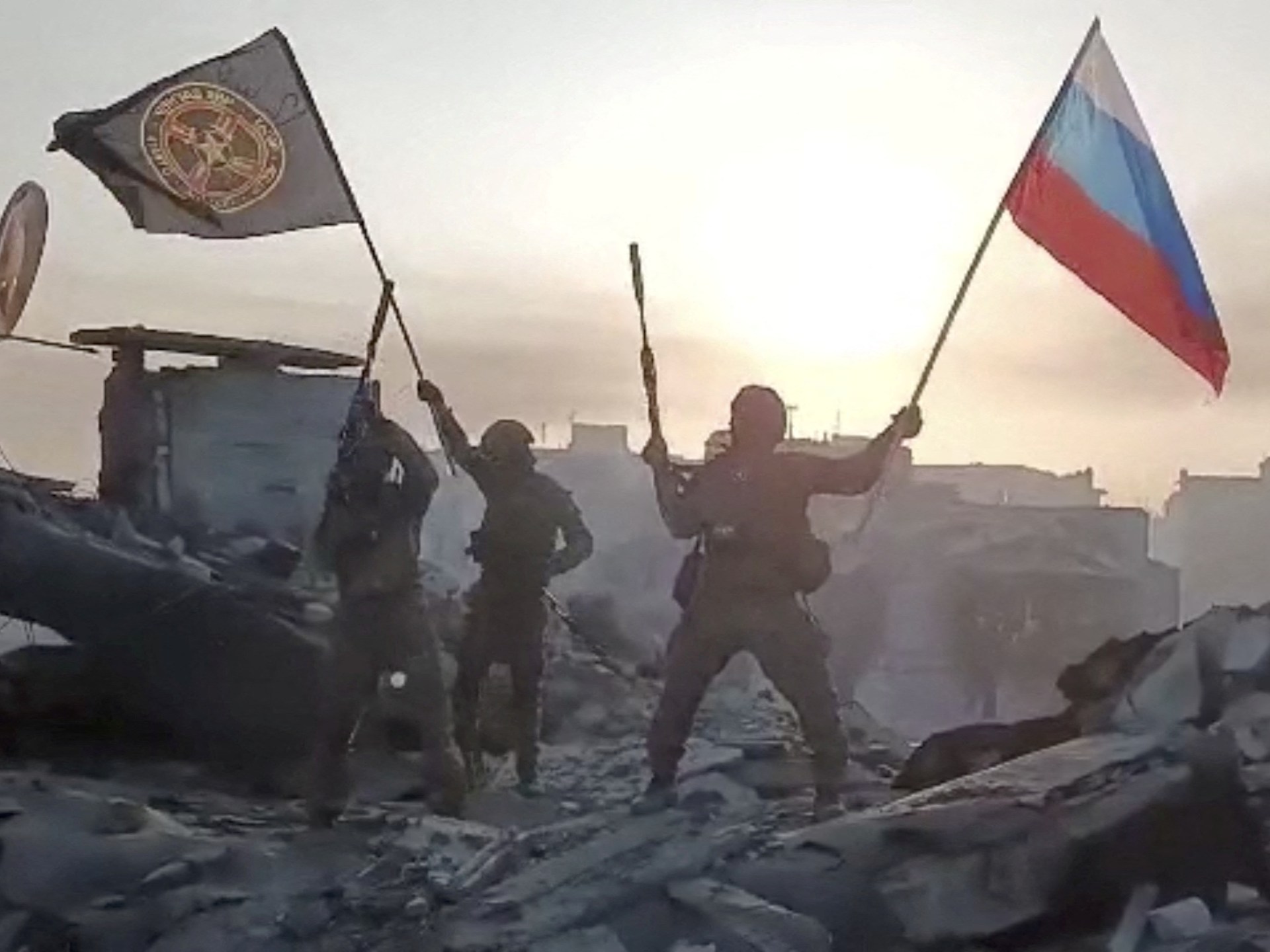Does Moldova want to continue its partnership..
However, while Moldova keeps its relations warm with Turkey, it is also in efforts to improve relations with the southern Cypriot administration and thinks that ‘Foreign Military Forces’ (!) should be kept out of the Island for the ‘protection of territorial integrity of Cyprus’. Declarations of Moldovan Embassador Klombu, appointed in March 1999 to the southern Cypriot administration, in a letter of confidence to Greek Cypriot leader Clerides constitutes a strange example. Klombu stated that his country has problems similar to the ones ‘between the two countries’ and wished this similarity to form a basis for the improvement of relations between Moldova and Cyprus.
Today, no change in Moldova’s view about the issue of Cyprus has yet been achieved. One important factor affecting Moldova’s approach to Cyprus issue is ‘Orthodox Solidarity.’ The other factor is Moldova’s sensitive issue of the Transnistria problem. Moldova relates to the wish of the Turkish Republic of Northern Cyprus (KKTC) for international recognition to the Transnistria problem which arose after Moldova gained independence. On the other hand, Moldova thinks that establishment of any contact with the KKTC would get their foreign policy into trouble.
However, it should be known that the Transnistria problem is a separatist movement and irrelevant to KKTC’s wish for international recognition.
The Glasnost policy started by Soviet leader Gorbachov in 1986 caused many political groups to demand national and cultural independence in the Union of the Soviet Socialist Republic (USSR). In later developments the Moldova Communist Party as a result of pressure from the public decided to accept the Latin alphabet and Romanian as the official language. However, these steps for Moldova’s independence caused concerns about the protection of Moldovan identity for the fear of a possible union with Romania. This critical decision caused ethnic conflicts to come to the surface and affected the direction of both domestic and foreign policy of the country until today.
Reforms were accelerated after reformist Mircea Snegur was appointed to the prime minister’s office. In the meantime, the new parliament declared the sovereignty of Moldova Soviet Socialist Republic (Moldova SSC) in 1990 as the first step of its independence and decided to change its name to Moldova.
These developments caused concern among non-Moldovan ethnic groups and made separate movements to take action and in August 1990 when "Dniester SSC" was declared in Tiraspol. However, it was not recognised by Moldova. The decisions of regional parliaments were cancelled by the Moldovan Parliament. After that intense conflicts started in the Dniester area.
With the appearance of the Dniester problem, the military deployment in the region has been the focal point of relations between Moldova and the Russian Federation. The Moldovan side, while emphasizing that the Russian existence damaged their sovereignty and territorial integrity, does not want Russian forces to withdraw from the region immediately because of the regional instability risk with the loss of control on separatist radicals after withdrawal of Russian soldiers from the region.
Therefore, it should be questioned why Moldova opposes the existence of Turkish soldiers in a Turkish land for the security of its people while taking the issue of deployment of soldiers of another country on its own soil differently when it talks about its own interests!
There is nothing to be said about Moldova’s efforts to establish good relations with the Greek Cypriot administration. However, in the establishment of such a partnership, it would not be appropriate to try to liken the problems among countries and to take these so-called similar problems as the basis of the partnership.



